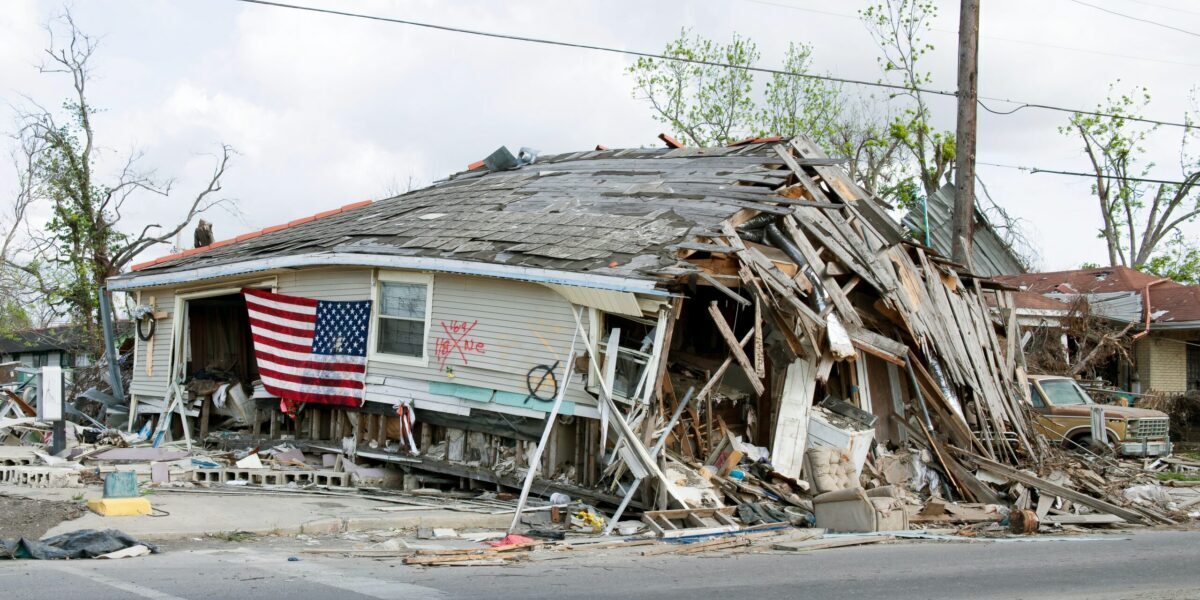Often, the last thing a company wants to address immediately following a large property loss is an insurance claim. However, the claims preparation process is vital to ensuring that a business survives a large property loss. Throughout my career of measuring and preparing large property losses for insureds, I have learned many lessons to ensure the claims process goes smoothly and efficiently. Below, I outline six critical steps to take prior to and following a loss to increase the chances of a favorable claims outcome.
Prior to a loss:
- Ensure your reported values are accurate
To place insurance, each year a company reports the annual values of the property, inventory and business interruption risk to insurers. Inaccurate values can lead to several difficult outcomes, including co-insurance penalties, insufficient limits of insurance or inaccurate deductibles.
- Assemble your claim team prior to a loss
Internally, identify key personnel from risk management, facilities, operations, sales, accounting, insurance broker, etc. Externally, take the opportunity to interview, vet and contract with vendor partners including restoration companies, claim preparation firms and coverage counsel. Following a wide-spread event, these resources quickly become fully utilized and having relationships in place will result in prioritized response and recovery.
- Fully read and understand the policy language
Work with your insurance broker to understand the policy, coverage and any potential areas of concern. Once a loss has occurred, it is not the time to learn what coverage you have (or don’t have).
Following a loss:
- Communicate externally and internally
Early on, it is important to provide insurers with a preliminary estimate of total loss so that the insurance reserve can be properly set. This will develop into a well-documented insurance claim submission and be shared with insurers. It is equally important to identify potential recovery issues with internal management, including insurance sublimits, deductibles or potential policy coverage issues.
- Make decisions in a timely manner
Often after a catastrophic event, the insured may decide to make changes to the building or operations while rebuilding. While most understand the increased cost of upgrading will not be covered by insurance, it is important to also highlight that any extension to the restoration period will be excluded from a business interruption recovery. Of course, the insured may opt to make the change or investment regardless but should understand the implications to their insurance recovery.
- Establish a claim preparation timeline and communication protocols
Following a loss, it is important to keep regularly scheduled meetings with the team (risk, operations, finance, claim preparer, etc.) and the insurance company’s representatives (adjuster, equipment or building consultants, claim auditor, etc.). Develop communication protocols and assign a point person for such communications. This ensures timely communication and discussion of key decisions and issues. It also keeps the insurance adjustment team focused on your claim, which may be one of many following a wide-spread event.
By following these steps, a business will be in position to maximize insurance recovery in a timely manner, allowing it to get back to running its business.
*The views and opinions expressed in the Public Risk Management Association (PRIMA) blogs are those of each respective author. The views and opinions do not necessarily reflect the official policy or position of PRIMA.*

By: Jason Cables, CPA, CFE, CFF
Managing Director, Ankura Consulting Group
Summary of Qualifications
Jason has over 20 years of experience in the analysis, measurement, preparation, submission and settlement of insurance claims for companies impacted by catastrophic events.
Responsibilities
Jason focuses on managing client engagements, including business interruption, property damage, cybersecurity, builder’s risk, product recall, product liability, fidelity and FEMA claims for corporate policyholders. Jason also specializes in business interruption values assessments for corporate policyholders, lost profits claims, litigation support and expert witness services.
Business Experience
Throughout his career, he has prepared approximately 300 insurance claims, most of which settled in the normal adjustment process. His industry experience includes hospitality, real estate and land development, retail, manufacturing, pharmaceuticals, consumer goods, chemicals and petrochemicals, food processing, healthcare, and warehousing, among others.
Professional Affiliations
- Association of Certified Fraud Examiners (ACFE)
- Illinois & Texas CPA Societies (ICPAS, TSCPA)
- American Institute of Certified Public Accounts (AICPA)
- Houston & DFW Risk and Insurance Management Society (RIMS)
- Young Risk Professionals (YRP)
- Board Member - Houston Risk and Insurance Management Society Chapter
- President of the Houston Illini Club (Alumni Organization)
Education
- BS, Accountancy, University of Illinois at Urbana‐Champaign
- Certifications:
Certified Public Accountant (CPA)
Certified Fraud Examiner (CFE)
Certified in Financial Forensics (CFF)
Licensed CPA in Texas & Illinois



